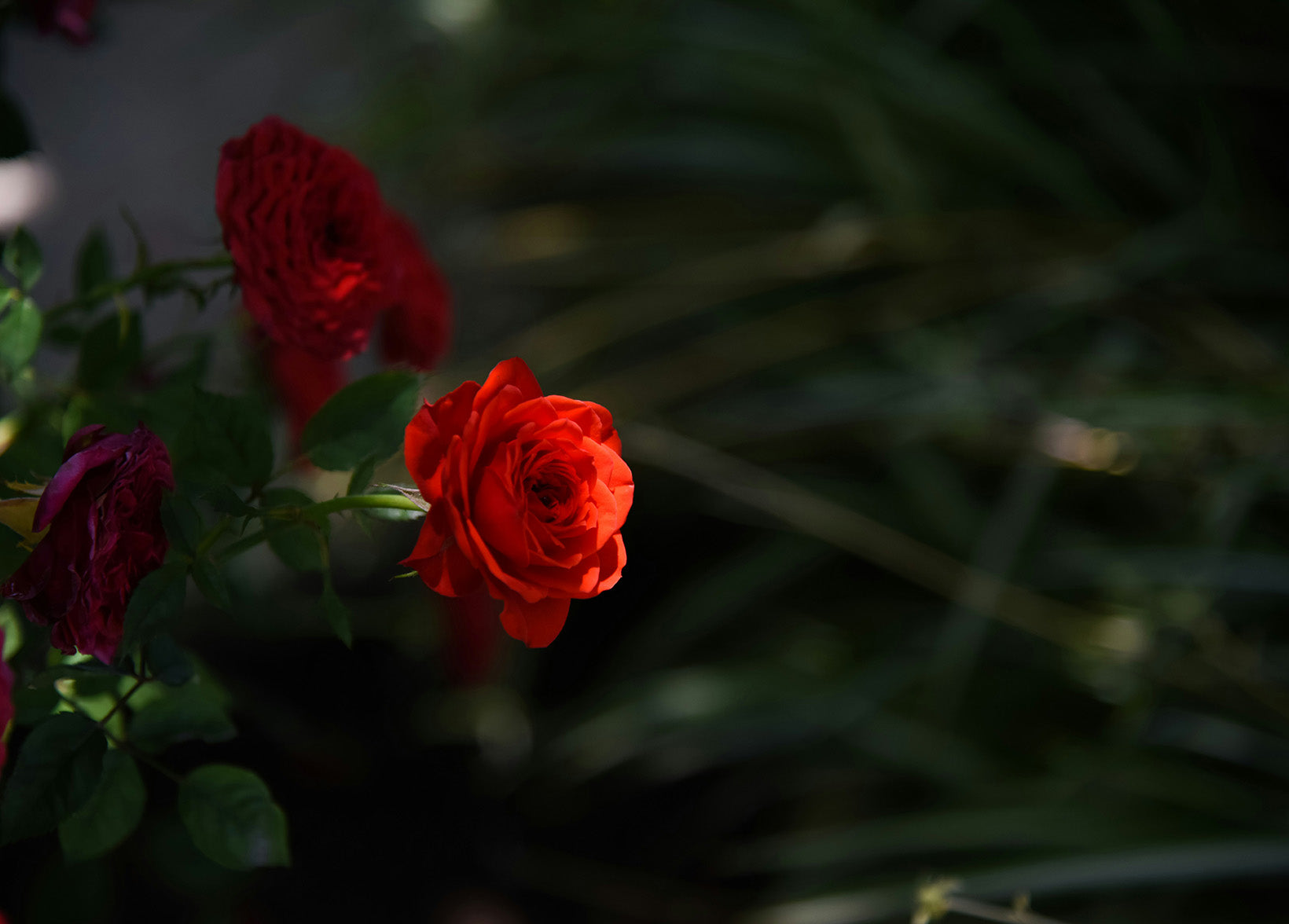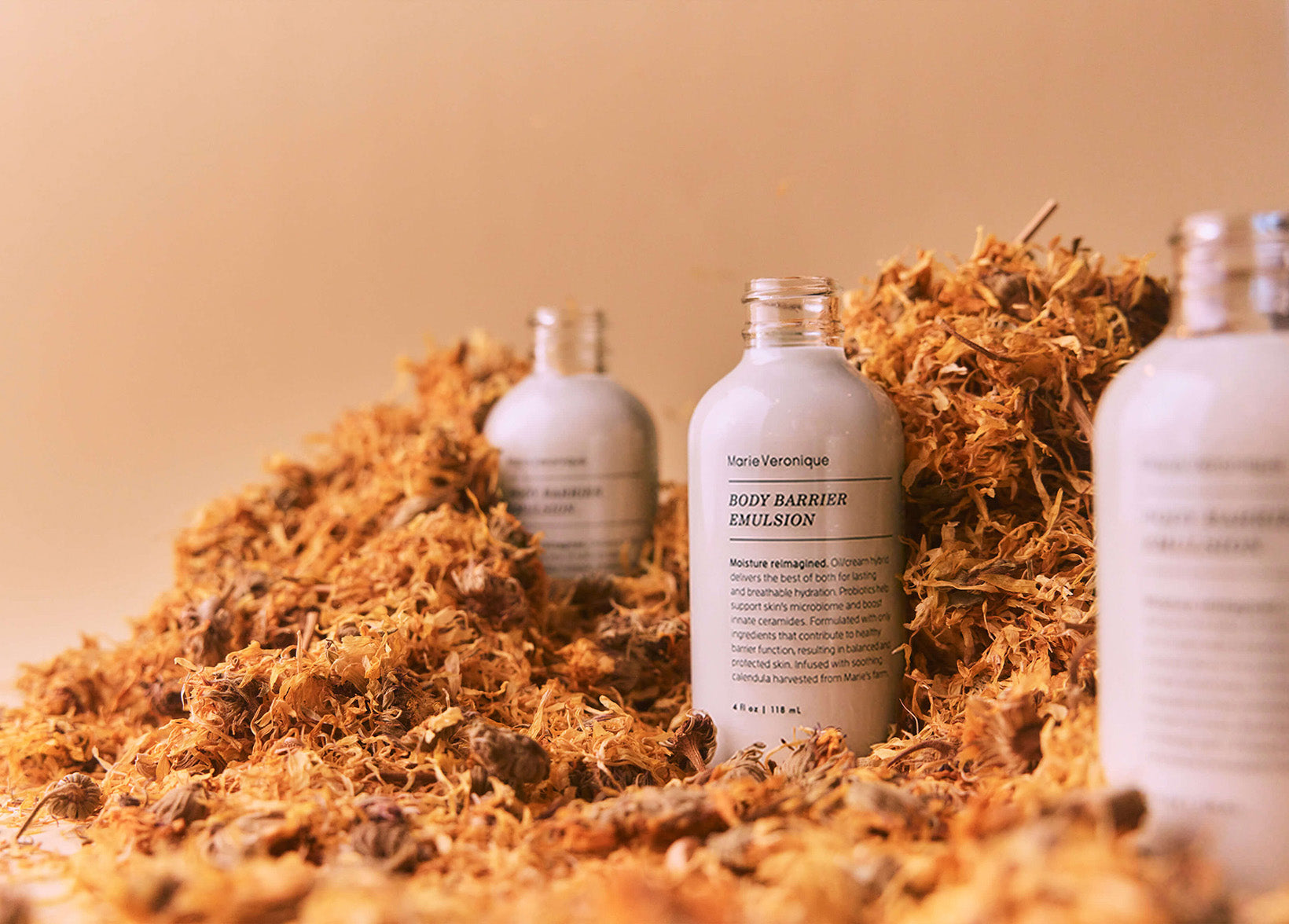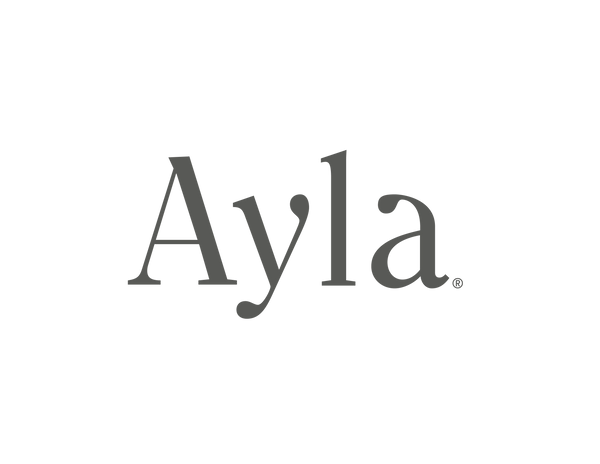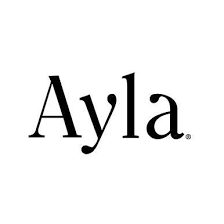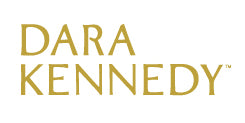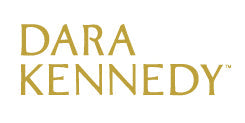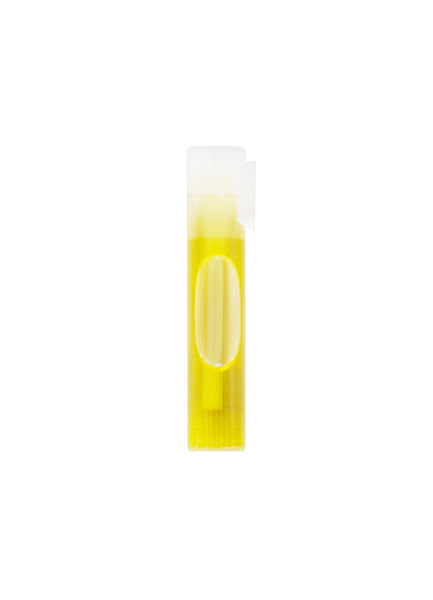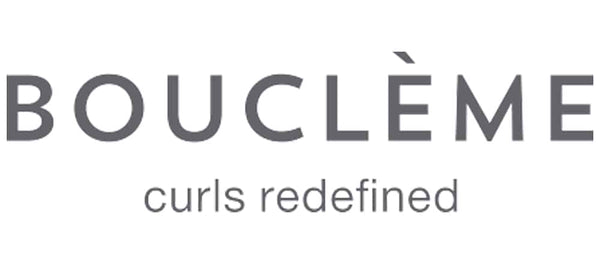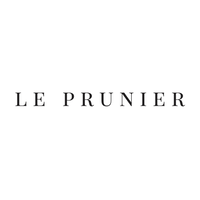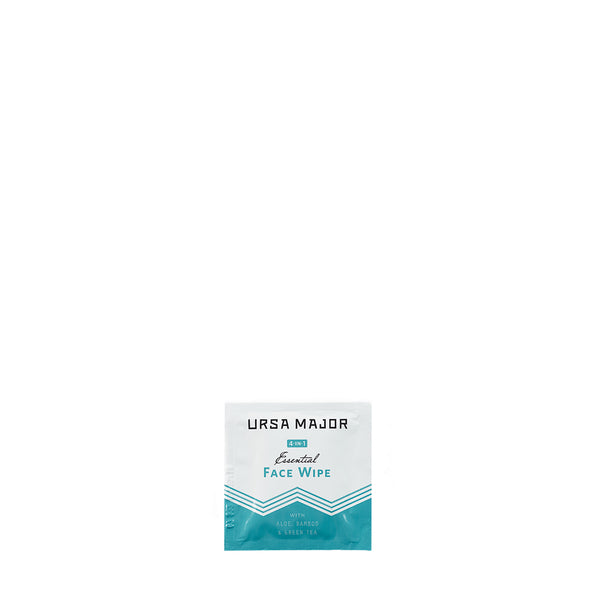Recent Articles

Dr. Anna Hsieh Gold is one of the Bay Area’s most sought-after practitioners of Traditional Chinese Medicine, and she’s already taught us so much about her fascinating perspective on health: you can get a little Traditional Chinese Medicine 101 with her here, find out how she works with Kristina Holey to develop tinctures that care for skin from the inside out here, discover more about BALANCE’s effects on stress and anxiety here, and learn how DEFEND can be part of a solid immunity-boosting plan here.
When we began to carry the beautiful Bare Hands Dry Gloss Manicure Kit and thought we should point our readers towards tips to encourage nail health, she was naturally one of the first people we turned to: Traditional Chinese Medicine views the nails as an extension of — and therefore a window into — the health of something called “liver blood.”
Curious? We were, too, and our whole team found what she had to say on the subject to be wildly fascinating.
***
Ayla: How do you look at nails, in general, in Traditional Chinese Medicine?
DR. ANNA GOLD:
There’s so much to say about nails, from a TCM point of view as well as a nutritional point of view. Everyone knows that on some level, but I don’t think many of us realize just how much the nails can tell us about the rest of the body. Traditional Chinese Medicine has a specific perspective that can describe it in a way that can be harder to grasp at first, but in the end tends to make a lot of sense for people and provide a helpful guide to nail health.
First, I thought I should lay out a few definitions that will help as I explain this. When people discuss the tenets of Traditional Chinese Medicine, it’s often oversimplified to focus only on Chi, which is often described as “vital energy.” But to understand why the nails are important, you have to also consider the Blood.
In TCM, Chi and Blood go hand in hand: Blood is what nourishes the body’s sinews, muscles, and connective tissues. Then, Chi controls the flow of the blood. They have a synergistic relationship: if there isn’t enough Blood, you can’t make Chi.
Certain parts of the body are described in terms of their own Blood and Chi. From a Chinese Medicine perspective, the nails can reveal the health of “Liver Blood.” The liver, in TCM, controls the sinews: the connective parts of the body, like tendons, ligaments, and cartilage. Liver Blood transports nutrients and nourishes these tissues; in women, it flows to the uterus and also nourishes the connective tissues.
For example, when someone experiences PMS, they might have headaches, they might have trouble sleeping, and/or they might have extra upper-body muscle tension. All of this indicates Liver Chi stagnation: the Chi is all flowing to the uterus to try to move that Blood. But if you don’t have enough Liver Blood stored at the same time, you won’t have enough to nourish the connective tissue.
In TCM, nails represent the health of Liver Blood. They can also serve as a reflection of general Chi and Blood throughout the body — its overall vitality. You need enough blood to circulate through your extremities to nourish them, and the nails are on the tips of your fingers. If you don’t have good circulation, your nails will probably be brittle, weak, or dry.
Ayla: That is such an interesting way to look at it — and, the way you’ve described it, it makes a lot of sense. So what do you tend to notice when you look at nails?
DR. ANNA GOLD:
It can help to start by thinking of what a healthy nail looks like. Generally, it’s pink from the blood underneath it; it’s supple and bendable; and it’s strong. If you see those three things, it’s a good indicator that both Chi and Blood are healthy.
If not, I tend to notice the following patterns.
Pale and/or brittle nails
Pale and brittle nails generally indicate a blood deficiency: there’s not enough blood to circulate, so it’s not nourishing your nails with the nutrients they need.
In TCM, Blood deficiency may or may not translate to anemia, but I see a lot of correlation between TCM Blood deficiency and anemia or sub-acute anemia. So in a case like this, I might start by testing for iron, ferritin, and B vitamins.
If an iron or B12 deficiency shows up, for example, I’ll often suggest dietary adjustments to favor more hemoglobin-forming foods, like organic, grass fed meat or dark, leafy greens. Cooking with cast iron can be helpful; so can drinking nettle tea, which is a good blood tonic. I also tend to recommend not overdoing it with exercise, and taking care to get enough sleep. People frequently understand the importance of diet, but many don’t realize how important sleep can be.
Looking at herbal treatments, I wouldn’t give someone BALANCE specifically for brittle nails, but I might suggest it for conditions that tend to be related, like irritability, PMS, or tense muscles. BALANCE contains a lot of herbs that specifically help with Liver Chi stagnation and Blood deficiency.
White spots on the nails
In Western medicine, these tend to be a sign of a magnesium or zinc deficiency. Zinc deficiency often indicates low HCL (hydrochloric acid — in the stomach). In this case, treating your digestive system is the best place to start. Zinc can be a helpful supplement; I often encourage patients with acne to take it for gut health, and it’s also anti-inflammatory.
In this case, the TCM perspective correlates nicely with the Western system: these spots usually indicate a spleen deficiency — a deficiency in your digestion.
Vertical ridges on the nails
I find these to be very common starting in one’s late thirties or forties. Generally, as you get older, your circulation slows down; here, Western medicine and TCM are consistent.
In TCM, more specifically, it’s a deficiency in Liver Chi and Liver Blood. If vertically-ridged nails are brittle, that’s a deeper level of Liver Blood deficiency. And in Western medicine, ridged nails can indicate anemia, or a deficiency in B vitamins. As with brittle or pale nails, I recommend eating more iron rich foods and taking steps to bring stress levels down. But while brittle nails are more about a deficiency in Liver Blood, ridges are more about the deficiency in Liver Chi. This is again about Liver Chi stagnation: you need to get it moving again so that the blood can nourish the extremities.
For herbal treatment, while I wouldn’t specifically suggest it only for ridged nails, if it’s happening along with aging, fatigue, and general dryness, ELEVATE can be very helpful.
Horizontal ridges on the nails
Horizontal ridges tend to be more of a cause for concern from a medical perspective than vertical ridges. The indicate an interruption in the growth of the nail: it grows a little, then stops, then grows more again. It could represent a nutritional deficiency or a metabolic condition, but could also potentially indicate a larger problem — so if you see horizontal ridges, I suggest getting checked out by your doctor, just in case.
Lunulas (the white half-moons at the bottom of the nail)
People don’t notice lunulas so much, but they can be a very good indicator of digestive health. If you have no moons, or they’re small, it often represents an accumulation of cold (one of the 8 pathogenic factors in TCM), as well as a Spleen Chi deficiency. While you need some cold in the body, you need a balance: if there’s too much of it, it can stop the flow of Blood and Chi, which can result in digestive issues or a weak immune system.
In this case, I tend to suggest eating foods that tonify the spleen — warming foods, like rice congee with spices like cardamom, fennel, or ginger.
**
About Dr. Anna Gold: a Doctor of Acupuncture and Chinese Medicine, Licensed Acupuncturist, and Fellow of the American Board of Oriental Reproductive Medicine — with additional advanced degrees (in Traditional Oriental Medicine and Constitutional Facial Acupuncture), years of practice, and thousands of happy clients — Anna Gold is one of the most sought-after acupuncturists in the Bay Area, known not only for her skill in treating challenges ranging from infertility to asthma, but also for her partnership in treating skin conditions with Kristina Holey. Prior to her career in Traditional Chinese Medicine, Anna was an instructor at Jivamukti Yoga in New York. And before studying yoga, Anna graduated with a Bachelor's degree in Comparative Literature from Berkeley, where she also completed all the prerequisites for medical school.
Any topic discussed in this article is not intended as medical advice. If you have a medical concern, please check with your doctor.

